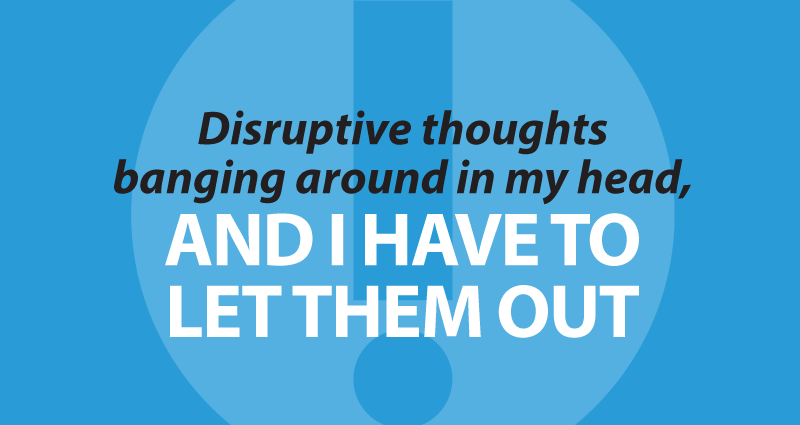
Disruptive thoughts I have to let out
From time to time, I get these strange, disruptive thoughts. Unconventional. Aberrant. But they’re banging around in my head, and I have to let them out…
What if overdraft fees were actually reasonable?
Overdraft income is down because of opt-in regulations, yet the average overdraft fee is still $29. As marketers, we hate dealing with fees, but we are going to be called on to increase non-interest income.
So here’s a crazy idea: what if overdraft were actually presented – and priced – as a service, not a punishment? Maybe $5 — that’s easy to remember and track. Overdraft transfer services are arguably a step in the right direction – maybe these just need to be relabeled. There are a lot of folks who use overdraft, and if the pricing weren’t so punitive, maybe many more more would decide to opt in. And if we remove the shame and punishment from the process, maybe a lot more people would be perfectly comfortable using overdraft.
How do we change people’s opinion of banking from “maintenance” to “enhancement”?
It’s very difficult to get someone to care much about a “maintenance” activity enough to switch — once someone opens a bank account, they don’t want to think about it ever again. So how can we make credit unions a life enhancement, and not a dull necessity? I think it can be done — for example, the “organic” and “local” food movement has done much the same for meat and potatoes.
Those poor, poor rich people
Very few wealthy people use a credit union. (Keeping in mind that wealthy people usually have accounts in many different institutions.) Large banks can offer specialized services and perks to the wealthy that may be out of reach of most CUs. But then again, most CU policies are designed with lower and middle-class consumers in mind.
What would it take for you to offer a “Super” credit card with a limit that would last through the first day of a moderately wealthy family’s European vacation? What might you offer a person who keeps at least $100,000 in her household expenses checking account, and a million or so in savings just in case she needs to run to the store? Can you give great service to the foreign freshman who shows up for college with a check from Dad for $500,000 to get him through the first few months of the semester?
Rich people may or may not be a market that’s right for your CU, but it’s worth thinking about… maybe a few policy tweaks and some training would open up a new market.
- How to keep your credit union’s website clean and member-focused - July 1, 2025
- Credit union website analytics: mysteries we can’t explain - June 4, 2025
- Five shocking things you didn’t know about credit union websites - May 20, 2025
